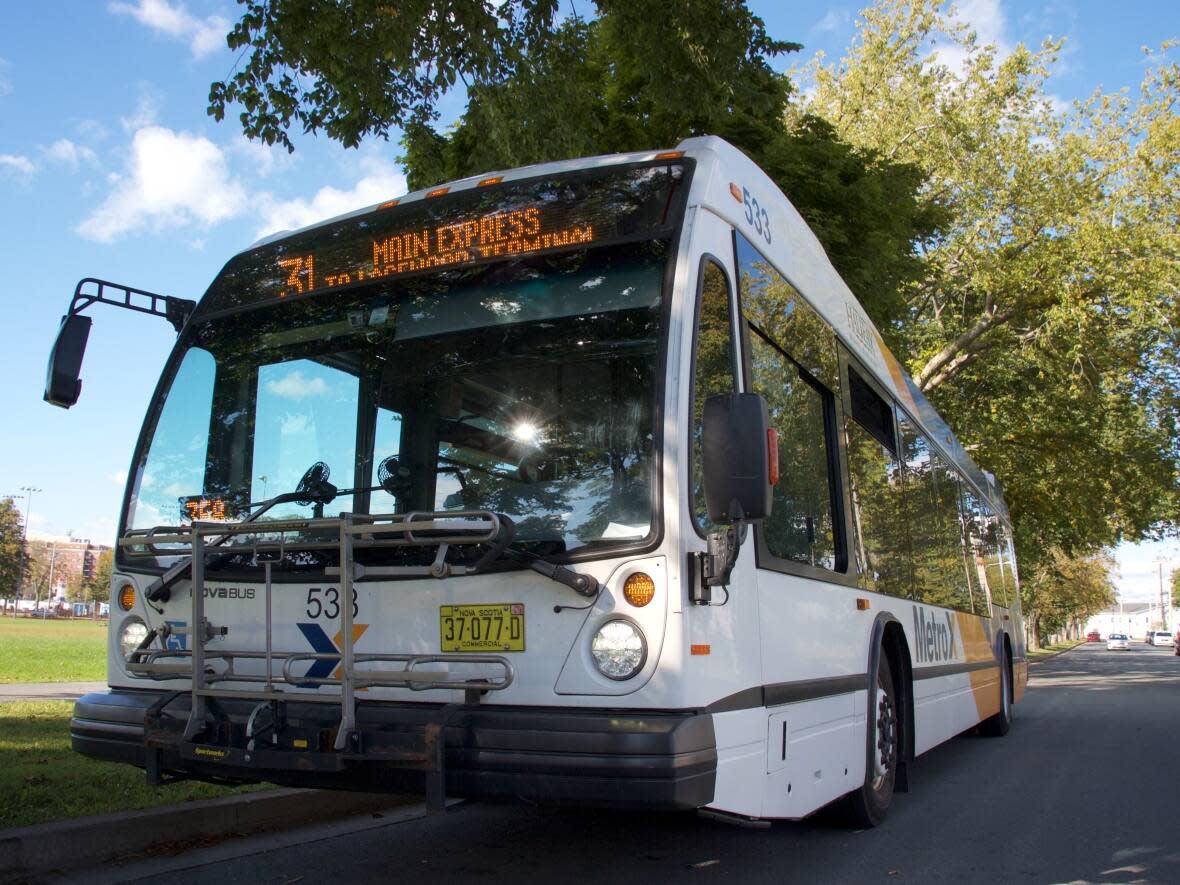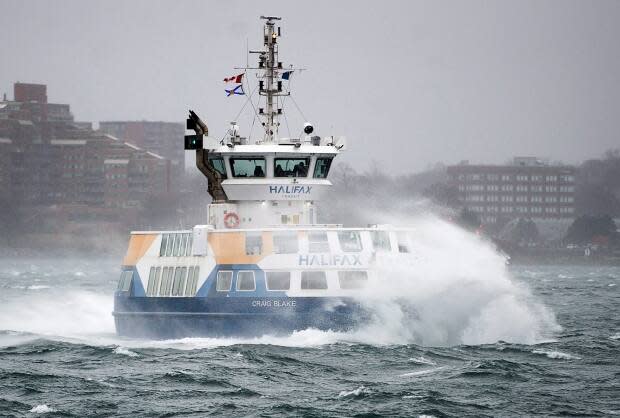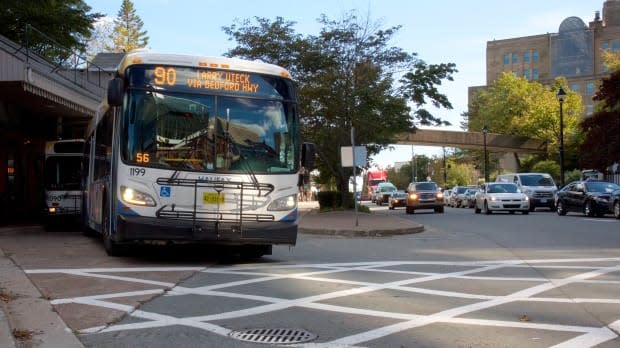Residents concerned Halifax Transit won't keep up with growth

Some residents in the Halifax area are frustrated with the public transit system, saying they're concerned the municipality won't be able to keep up with population growth as it nears a size comparable to some of the country's largest metropolitan centres.
Halifax's quick growth means the municipality is on track to reach half a million residents in less than five years, and data from Statistics Canada's 2021 census shows the population in the downtown area is the fastest growing in the country, ahead of Montreal and Kelowna, B.C.
Debbie Mansfield, who lives in the HRM neighbourhood of Clayton Park, said her recent struggles with the Halifax Transit system may force her to consider other transportation options. Clayton Park is about seven kilometres northwest of the city's core and is one of the densest urban neighbourhoods in the Halifax area, according to data from the 2016 census.
Constant route changes, unreliable buses and poor route connectivity are part of why she thinks the municipality isn't prepared for a deluge of new residents. And with a new condominium complex being built in her area, Mansfield said, she expects buses that are already packed will get worse once tenants move in.
"I've never had a driver's licence, but I'm ready to take one of those driver's courses and buy a car. I'm done," she said.
Others have taken to social media to air their grievances.
"We are a city approaching half a million people with a transit system designed for the 1970s," one user posted in a Facebook group called Halifax Transit Chat, which advises new members that "You are going to read a lot of complaints on here."
Rapid transit plan in the works
To keep up with the growing demand, regional council unanimously approved two new rapid transit projects in 2020 to be completed within the decade.
Patricia Hughes, director of planning and customer engagement with Halifax Transit, said in a recent interview the rapid transit strategy was developed with efficient land use in mind and was an effort between Halifax Transit and the municipality.
Hughes said the transit system saw a 4.8 per cent increase in ridership in 2019. And after decreased ridership in the last two years, data from the third quarter of 2021-22 shows ridership is slowly increasing, with 5.1 million boardings recorded, compared to four million boardings for the same period in the year prior.

"We do think it's really well aligned," she said. "We've seen a lot of growth in transit service and in transit ridership over the years, so we were able to use a lot of really good data and information and past experience to see what would be successful."
She added the strategy is focused on areas that are expected to have high residential and employment density.
The Halifax Regional Municipality — which, like much of the province, is in the midst of a housing crisis — recently had nine major residential construction projects fast tracked by the provincial government, creating as many as 22,600 new residential units.
Density, development go hand in hand, says prof
Keeping density and development in mind is something that University of British Columbia professor Michael Goldberg says is key to building and improving urban transit systems.
"Where you do have particularly high volume transit … you can raise density, focus development. And the virtue of that is not just that the users help pay for the transit system. The virtue is also that it lowers the costs for citizens," he said.
The plan includes four rapid transit bus lines that will operate every 10 minutes, the addition of designated bus lanes in some areas, and three new ferry routes with direct connections between downtown Halifax and upcoming terminals at Mill Cove, Larry Uteck and Shannon Park.
Council is working on what implementation looks like, with the first phase focused on the design work and planning for the Mill Cove ferry service. The bus rapid transit system is expected to connect downtown Halifax and Dartmouth with developing suburbs.
"We need to go up to that next level and provide that higher level of transit experience and attract more people to transit so that they can use it for work and life and school and all the things that they do," Hughes said.
Council shot down idea of commuter rail
Coun. Tim Outhit, whose district is Bedford-Wentworth, has long been a proponent of updating the municipality's transit system. Outhit was a vocal advocate for plans to bring a commuter rail to the city, but council voted unanimously in 2019 not to pursue the idea, citing "infrastructure requirements and associated financial implications as well as operational considerations and constraints."
Problems came up when HRM approached CN Rail to use its tracks, which already led into the city, he said, but the company wanted to use the tracks to increase freight into the downtown area.
"Do I think it's as good? No, not in my opinion," Outhit said, calling the current transit project "plan B" following the failed commuter rail proposal. It is, however, a step in the right direction, he added.

Tim Hayman, vice-president of Transport Action Atlantic, also said he was disappointed when the commuter rail plan fell through, but he's hopeful the municipality's new plan will work for residents.
"I think there's already an argument to be made that the system, as it stands right now, has a lot of room for improvement," Hayman said, adding that the transportation advocacy organization was "particularly enthusiastic" about the plans outlined by HRM. He did say, however, he's hoping movement on the system expansion will happen a bit more quickly.
With the quick rate of population growth, public transit is a critical need, Outhit added.
"From the price of gas to wanting to be green to be more productive, we definitely have to make improving transit a priority."
MORE TOP STORIES


